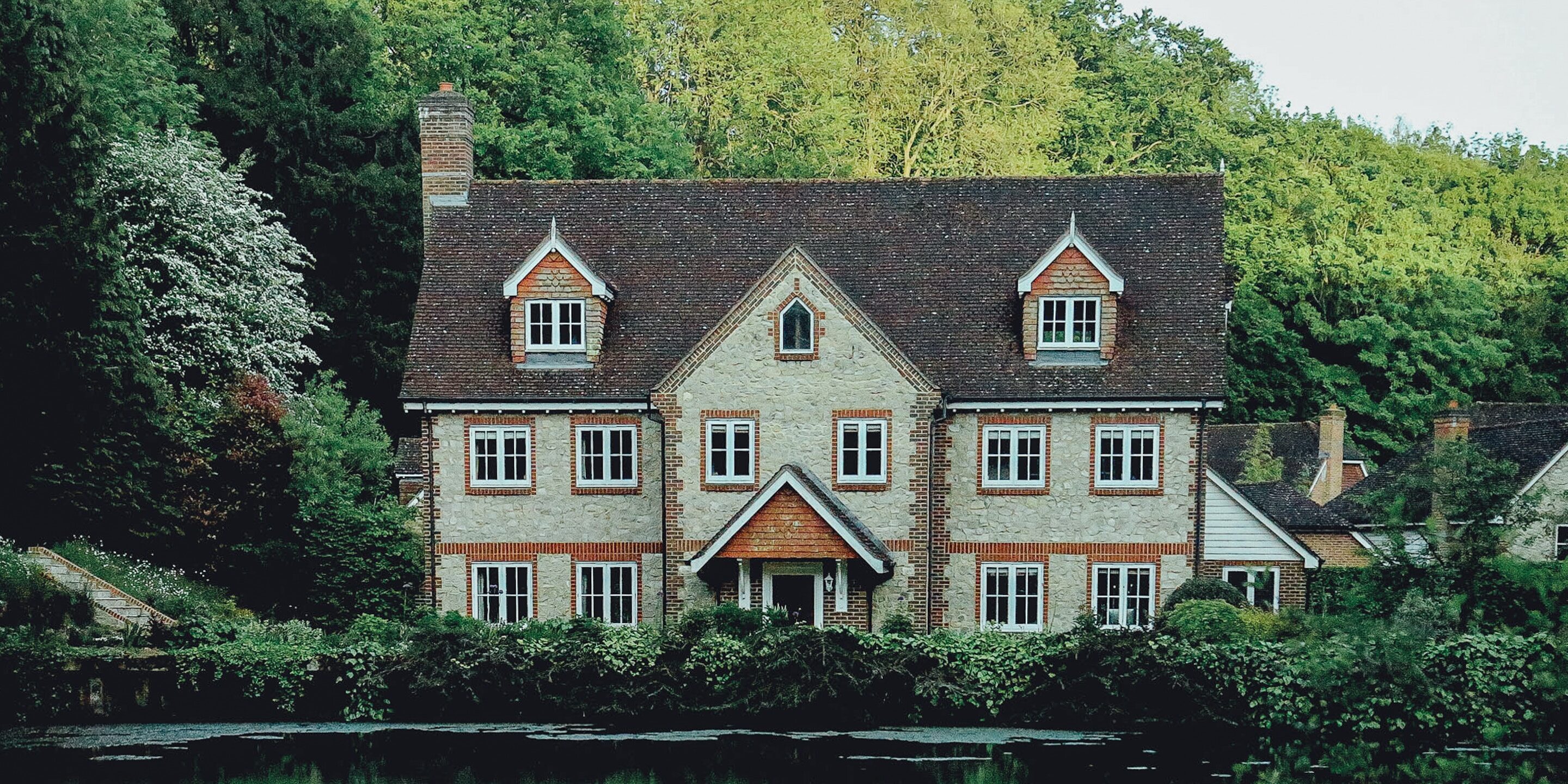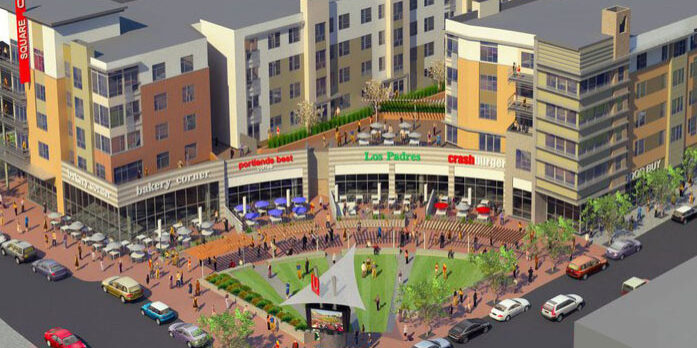Residential
Properties such as houses, apartment buildings, townhouses, and vacation houses where a person or family pays to live in the property. The length of stay is based upon the rental agreement, or sign agreement, known as the lease agreement. Most residential leases are on a twelve-month basis.
Commercial
Consist mostly of things like office buildings and skyscrapers. Funds can be used to construct a small building with individual offices, which are then leased out to companies and small business owners, who pay rent to use the property.
Industrial
Can consist of everything from industrial warehouses leased to firms as distribution centers over long-term agreements to storage units, car washes and other special purposes real estate that generates sales from customers who temporarily use the facility.
Retail
Consist of shopping malls, strip malls, and other retail storefronts. In some cases, the landlord also receives a percentage of sales generated by the tenant store in addition to a base rent to incentivize them to keep the property in top-notch condition.
Mixed-use
Combines any of the four (residential, commercial, industrial, & retail) previously mentioned categories into a single project. Mixed-use real estate investments are popular for those with significant assets because they have a degree of built-in diversification, which is important for controlling risk.
Trusts, or REITs
Are particularly popular in the investment community. When you invest through a REIT, you are buying shares of a corporation that owns real estate properties and distributes practically all of its income as dividends. You can even find a REIT to match your particular desired industry; e.g., if you want to own hotels, you can invest in hotel REITs.
Tax Liens / Fixed-Income
We also get into more specialty areas, such a tax lien certificates. Technically, lending money for real estate is also considered real estate investing, but it is more appropriate to consider this as a fixed income investment, just like a bond, because we generate investment return by lending money in exchange for interest income. There is no underlying stake in the appreciation or profitability of a property beyond that interest income and the return of your principal.
Similar, buying a piece of real estate or a building and then leasing it back to a tenant, such as a restaurant, is more akin to fixed income investing rather than a true real estate investment. Essentially financing a property, although this somewhat straddles the fence of the two, because eventually we get the property back and presumably the appreciation.






